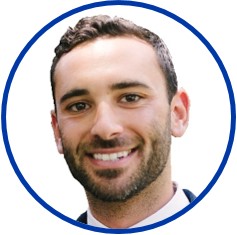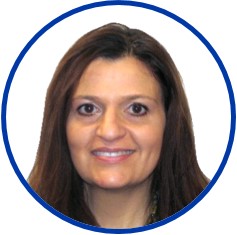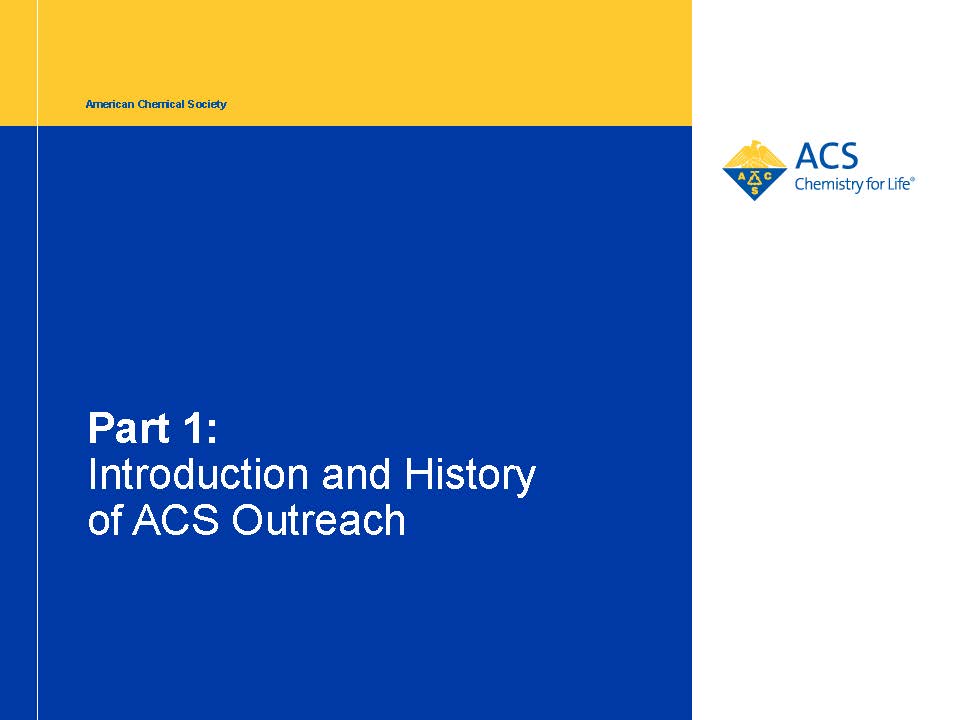
Learning Objectives
- Point out how future outreach efforts fit into organizational goals and help communicate chemistry’s value.
- Identify resources for CCEW and NCW to incorporate into planning for future campaigns.
Course Outline
- About ACS
- About ACS Outreach
- About CCEW and NCW
- Related Outreach Programs
- Reflections from Coordinators
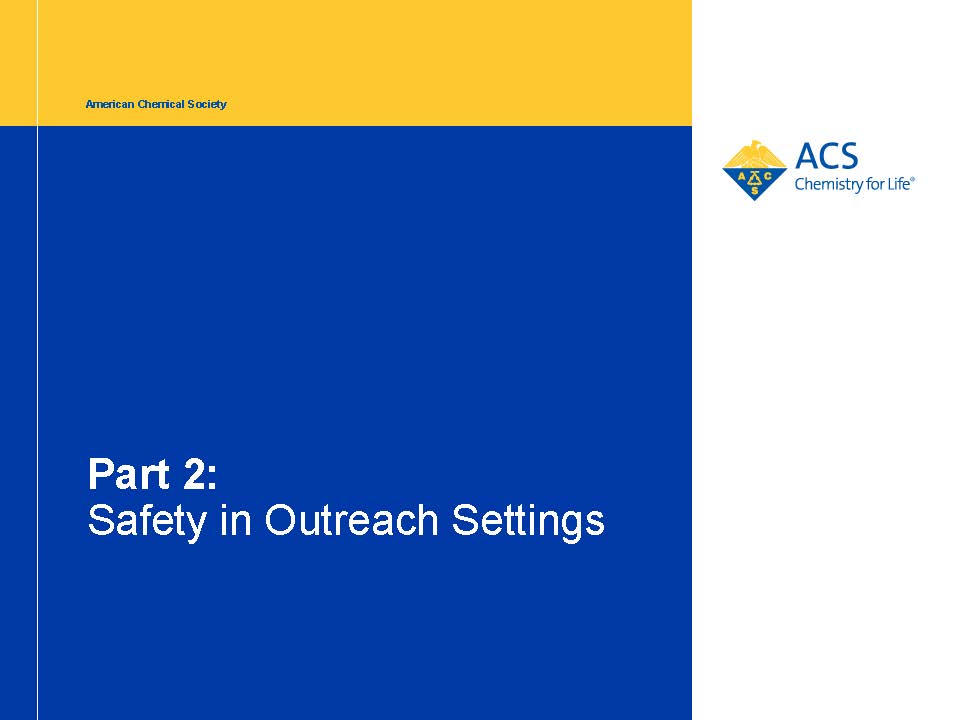
Learning Objectives
- Review and recall ACS safety guidelines for outreach to plan methods to lessen the risk of hazards during events.
- Perform a RAMP analysis to identify potential risks and consider modifications to planned hands-on activities.
Course Outline
- Reasons for Safety
- Safety Guidelines for Demonstrations
- Safety Guidelines for Hands-On Activities
- RAMP Analysis
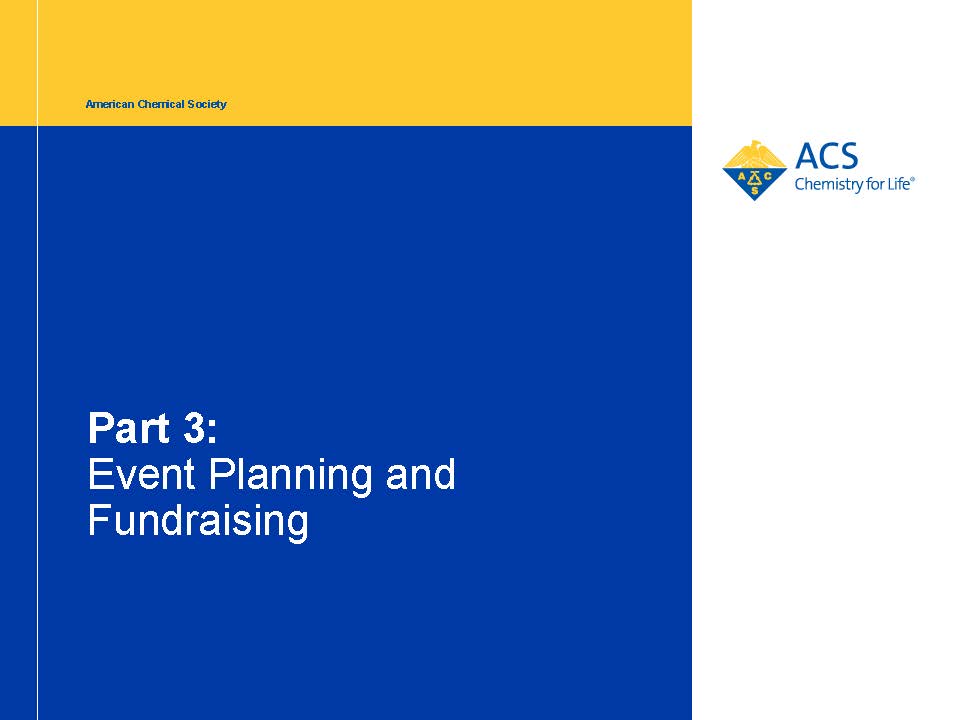
Learning Objectives
- Recognize necessary items to prepare a materials list for outreach events.
- Identify funding sources and methods to build resources for future outreach events.
- Assign dates to tasks to follow an event planning timeline and use run-of-show to ensure successful outreach events.
Course Outline
- Event Materials and Costs
- Event Fundraising
- Before Event: Planning Timeline
- During Event: Run-of-Show
- After Event: Follow-up
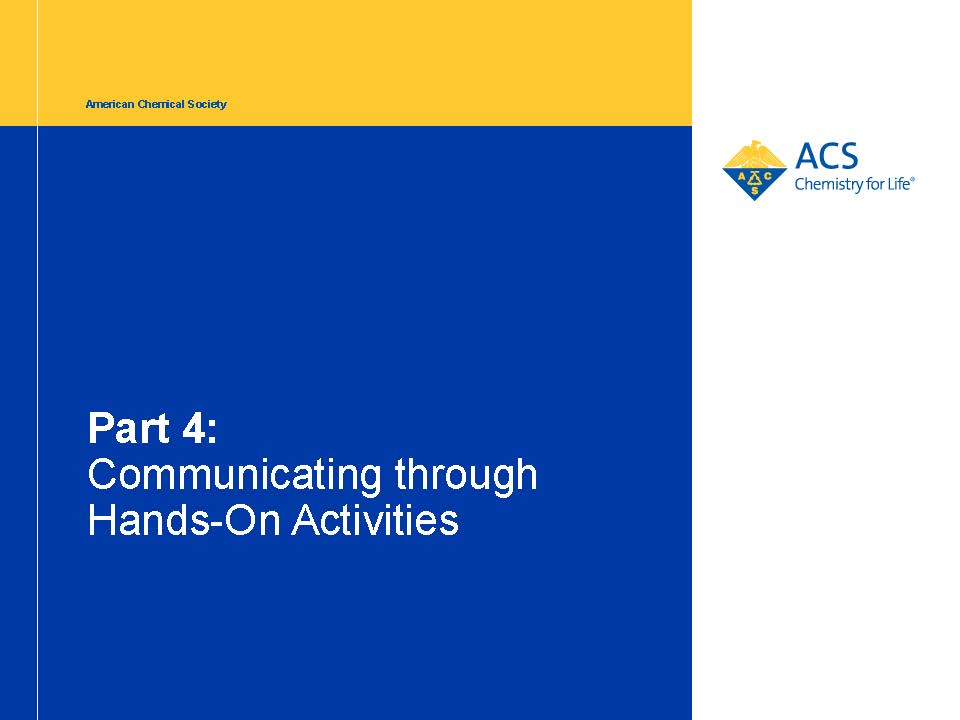
Learning Objectives
- Identify how the Let’s Do Chemistry (LDC) framework helps determine appropriate content and strategies to increase effectiveness of hands-on activities.
- Compose age-appropriate explanations of a hands-on activity that build meaning across different groups.
- Practice LDC techniques to increase effectiveness of the facilitation of hands-on activities.
Course Outline
- Designing Hands-On Experiences
- Crafting Your Message
- Communicating Across Age Groups
- Facilitating Hands-On Activities
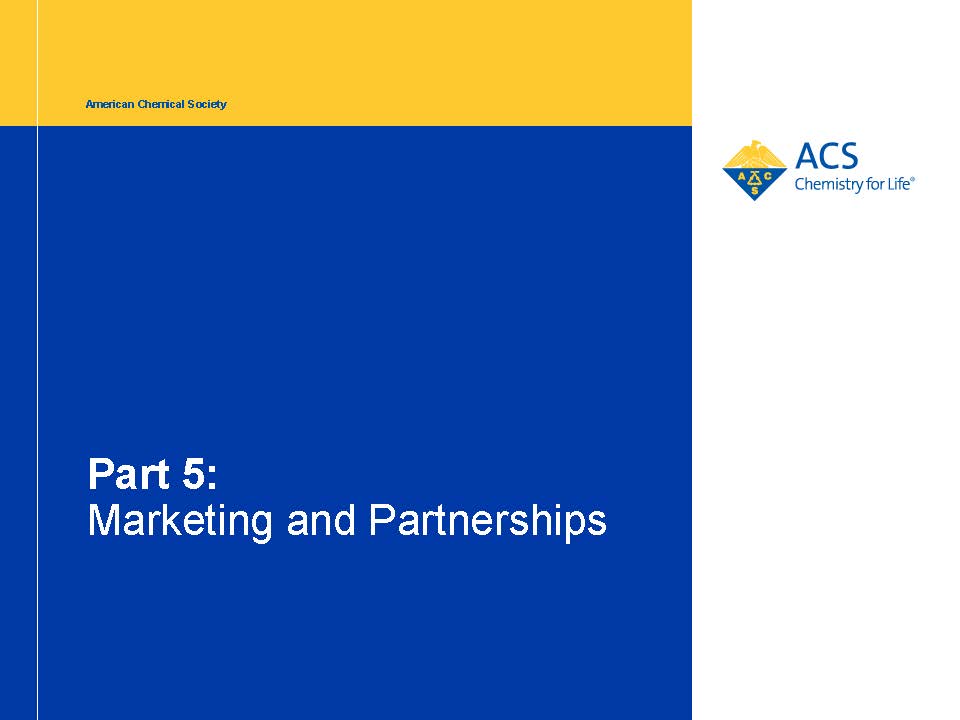
Learning Objectives
- Determine essential elements of an effective message.
- Identify branding kit assets for use on marketing materials to contribute to campaign cohesion.
- Recall steps for taking high quality photos for use in reporting and marketing efforts.
- Identify important processes of partnership building to ensure the success of future outreach events.
Course Outline
- Create Marketing Materials
- Consider Media Channels
- Utilize the Branding Kit
- Take High Quality Pictures
- Build Lasting Partnerships
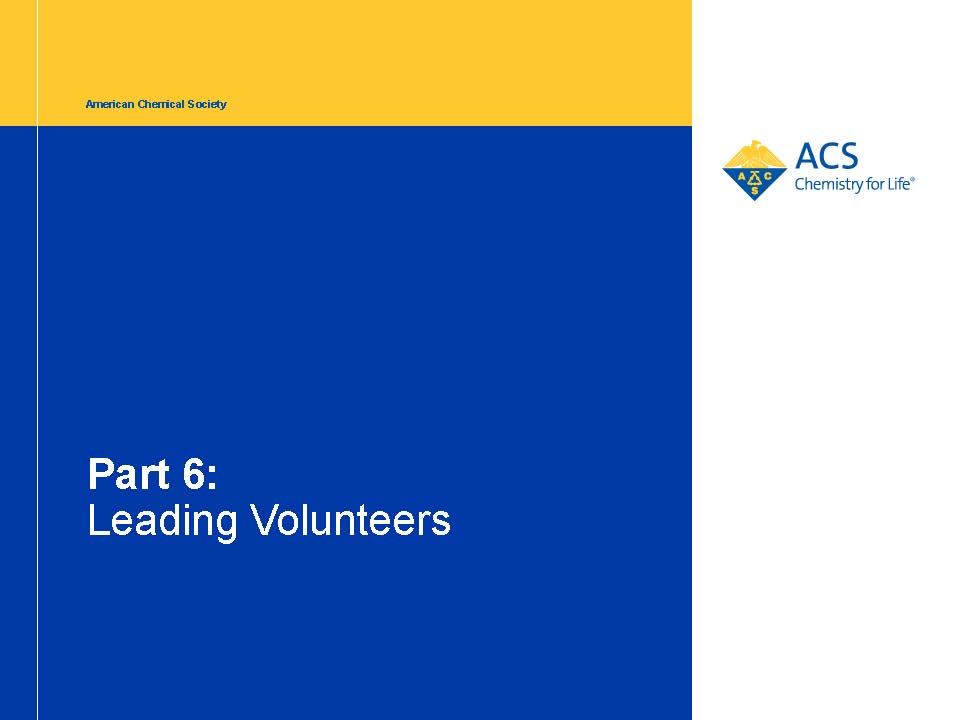
Learning Objectives
- Summarize steps to recruit, organize, train, and recognize volunteers to ensure retention for future outreach events.
- Identify specifications for planning group members and facilitators to ensure successful recruitment and a positive volunteer experience.
- Utilize ACS resources that support organizing and recognizing volunteers.
Course Outline
- Recruiting Your Volunteers
- Organizing Your Volunteers
- Training Your Volunteers
- Recognizing Your Volunteers
- Retaining Your Volunteers
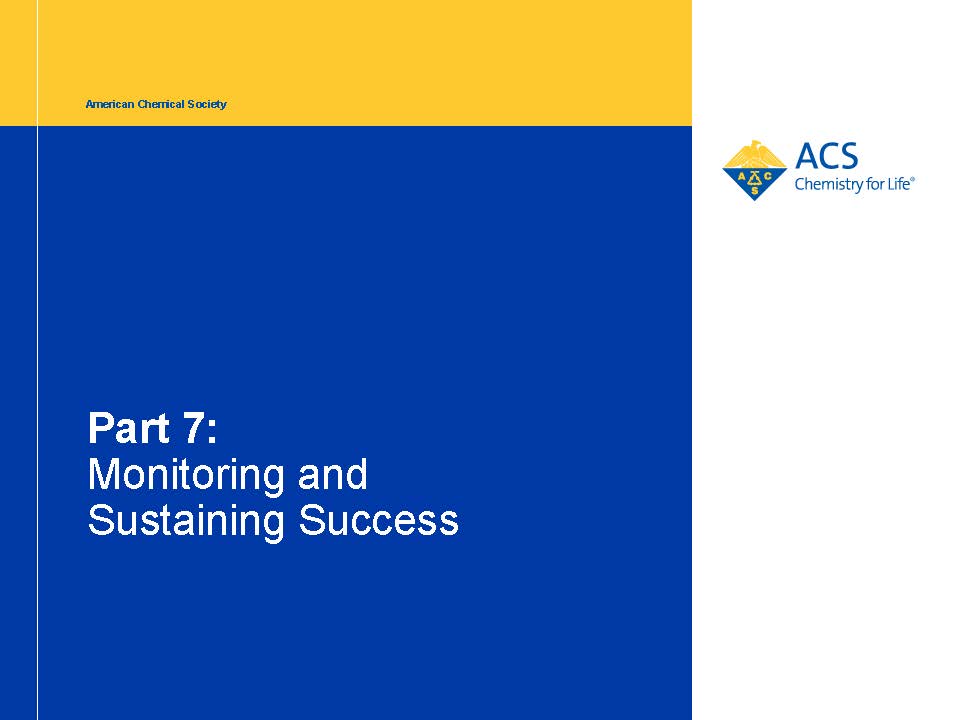
Learning Objectives
- Adapt surveys to measure event satisfaction and training to improve data collection processes.
- Plan short- and long-term solutions to outreach-specific problems to ensure future event success.
Course Outline
- Surveying Attendees and Volunteers
- Identifying Potential Problems and Solutions
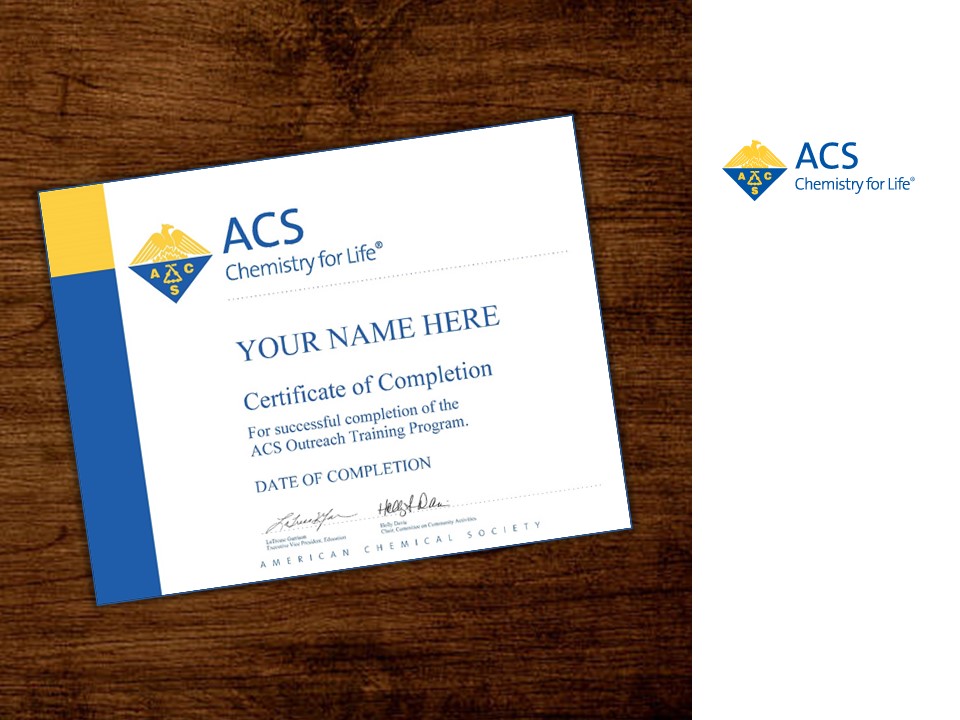
Once you have completed Parts 1-7, you will receive a key to enroll in Part 8 where you must complete the program evaluation to gain access to your custom certificate of completion.

